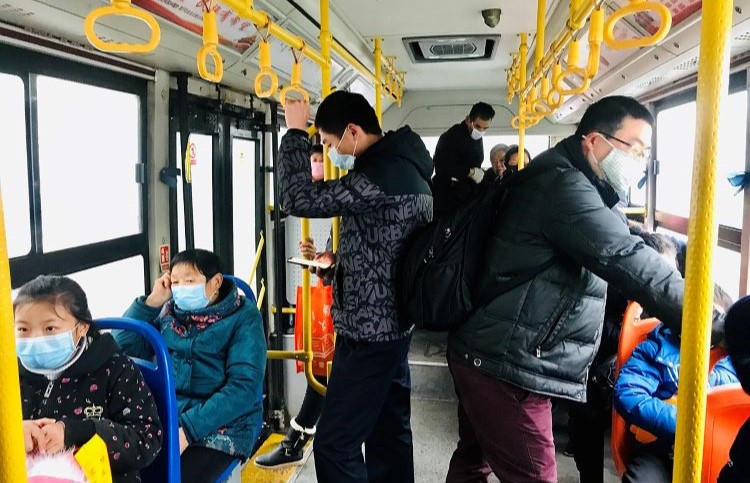The Diplomat
The Ministry of Foreign Affairs yesterday advised Spaniards who want to travel to China to be up to date on vaccinations and to be informed about mobility restrictions because of the “considerable increase” in COVID-19 cases.
“During the last few weeks, the Chinese health policy of prevention and control of the disease COVID19 has adopted the position of ‘coexistence’ with the virus, which has meant the reduction and elimination of many restrictions affecting the movement and displacement of people in urban areas and between provinces,” the Ministry said on its website.
According to the Foreign Ministry, the latest measures for the optimization of the response to COVID-19 of the National Health Commission, announced on December 26, establish the elimination of the quarantine for entering the country, in force since March 2020, as of January 8, 2023. Therefore, passengers will no longer need to have the so-called ‘green health code (green QR)’, although they will have to present a negative PCR test performed at least 48 hours before the start of their trip. However, China is still suspending the issuance of visas for international tourists and students.
In addition, local health authorities have suspended mass PCR testing campaigns in urban areas and have suspended and banned residential confinements and the closure of public places of entertainment and work, restaurants and bars, although closures of schools, colleges and universities are still in place. In return, the authorities have asked the population to voluntarily confine themselves at home. Restrictions on entry to cities (including Beijing) have also been lifted, and the presentation of green QR or negative PCR tests is no longer mandatory, and the requirement to present PCR for access to enclosed public places has even begun to be relaxed.
This relaxation of pandemic prevention and control measures, according to the Foreign Ministry, “has led to a very considerable increase in infections throughout the country, causing, in some cases, a lack of supply of palliative medicines”. For this reason, the Ministry recommends that Spaniards who wish to be “up to date in the vaccination against COVID-19” with vaccines authorized by China or the WHO (World Health Organization).
Likewise, and despite the relaxation of the measures, Spanish travelers to China should consult with local authorities about any movement restrictions that may still be in force. “The regulations on quarantines and notifications for travel are changing and it is strongly recommended that all those traveling to China are informed in detail and consult the website of the Chinese Embassy in Madrid or its Consulate in Barcelona,” it added.
Numerous countries, such as the United States, Italy, Japan, India and Malaysia, have established entry restrictions from China following Beijing’s decision to suspend quarantines for international travelers, in the midst of an increase in the number of infected people in the country. Hospitals have been overwhelmed by the new wave of coronavirus cases following the lifting of the COVID Zero policy. China has denounced the “exaggeration, defamation and political manipulation” of the Western press about the pandemic situation in the country.
Separately, the European Commission’s Health Security Committee, which brings together representatives of the EU-27 health ministries, met yesterday as an emergency meeting to “coordinate” the EU-27 response, although the meeting concluded without concrete measures and with a brief communiqué stating that “coordination of national responses to serious cross-border health threats is crucial”. According to diplomatic sources quoted by the Europa Press agency, the EU Member States agreed to maintain “active vigilance” and Spain insisted during the meeting on “the importance of continuing the path of European coordination in health policies”.
For its part, the Italian government assured that, for the time being, it has not detected any new variants from the Asian giant. Brussels also recalled that the dominant variant in China, the omicron BF7, is already present in Europe and has not grown significantly in recent weeks. However, vigilance is maintained and the EU is prepared to activate the “emergency brake”, raised last October and endorsed last December 7, to impose new restrictions if necessary.







